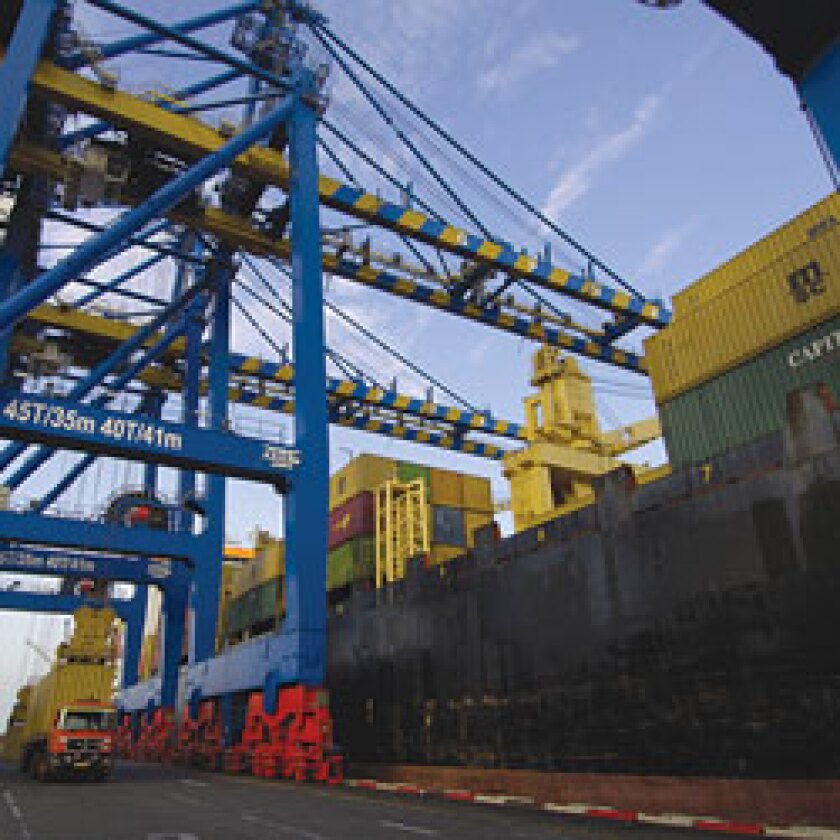Policymakers gathered in Tokyo must take action to stem the rise of protectionism among the world’s richest developed and emerging nations, the head of a leading trade think tank told Emerging Markets on Friday.
Deteriorating global economic prospects have triggered more protectionism by the large trading nations, according to Simon Evenett, who is the founder of the Global Trade Alert network.
Evenett, who is also a professor at St Gallen University in Switzerland, said that three-quarters of all the protectionist measures implemented so far this year had been put in place by members of the G20.
He said that the good news was that the G20 were responsible this year for a comparable proportion of “transparency-improving” and liberalizing measures as well.
But, he added, the worrying trend was the rise in the use of trade defence actions – measures such as anti-dumping duties allowed under World Trade Organization (WTO) rules - that now accounted for a third of protectionist measures implemented this year.
Meanwhile bailouts and non-tariff barriers accounted for 15% each of protectionism implemented to date in 2012, he said. “The WTO has rightly warned about growing protectionist risks,” Evenett said. “These warnings should be heeded.”
In July the WTO said that non-tariff measures, such as regulatory standards for manufactured and agricultural goods, had a significant impact on trade - and possibly even more than tariffs.
Evenett highlighted the recent moves by Brazil to turn the spotlight on the currency implications of monetary policy easing by industrialized countries, such as the third round of quantitative easing in the US.
“While words have not been translated into retaliatory deeds, concerns about competitive devaluations further undermine opponents of protectionism in national policy debates,” he said. “While monetary easing might not have been designed to benefit exporters, its side effects are hard to discount.”
GTA provides independent monitoring of data on trade protectionism. Its latest assessment, provided exclusively to Emerging Markets, reveals an increase in the use of trade-distorting measures by a number of countries.
Brazil implemented tariff hikes on imports on 100 products, while South Africa terminated bilateral investment treaties, Evenett said.
Both Brazil and Argentina cancelled free trade agreement commitments with trading partners. “None of these measures fell foul of WTO rules, showing the considerable discretion still available to governments,” Evenett said.
Meanwhile richer countries too have resorted to less orthodox beggar thy neighbour policies:
The US has targeted a range of Chinese commercial interests, banning takeovers; and recently a Congressional committee sought to discourage US private and government purchases of Chinese telecoms equipment.
He said that trade relations between the European Union, US and China were going through another “bad patch” with suits and countersuits filed at the WTO.
“While the US presidential election may have heightened the spotlight on Chinese trade practices, Beijing would be ill advised to think that this is a temporary shift in Western policymakers’ views,” he said.
